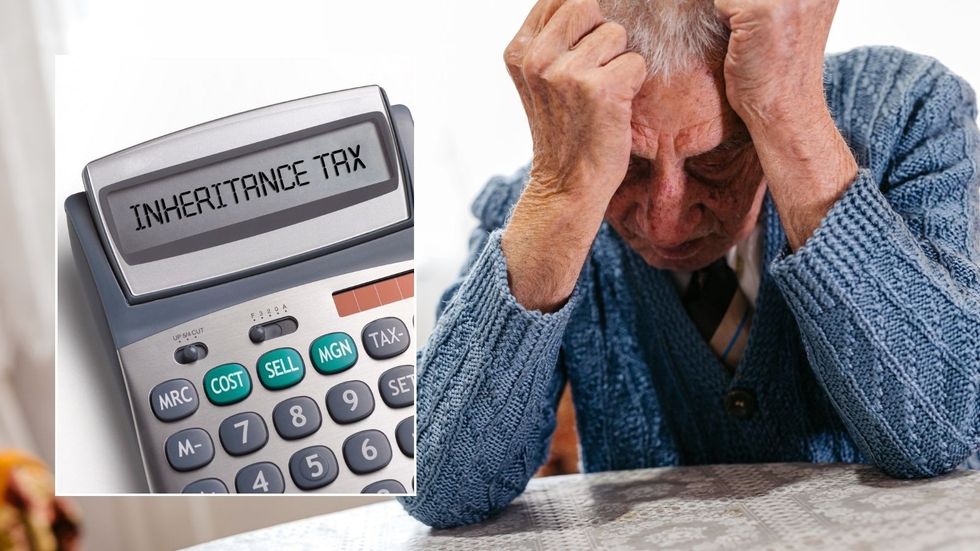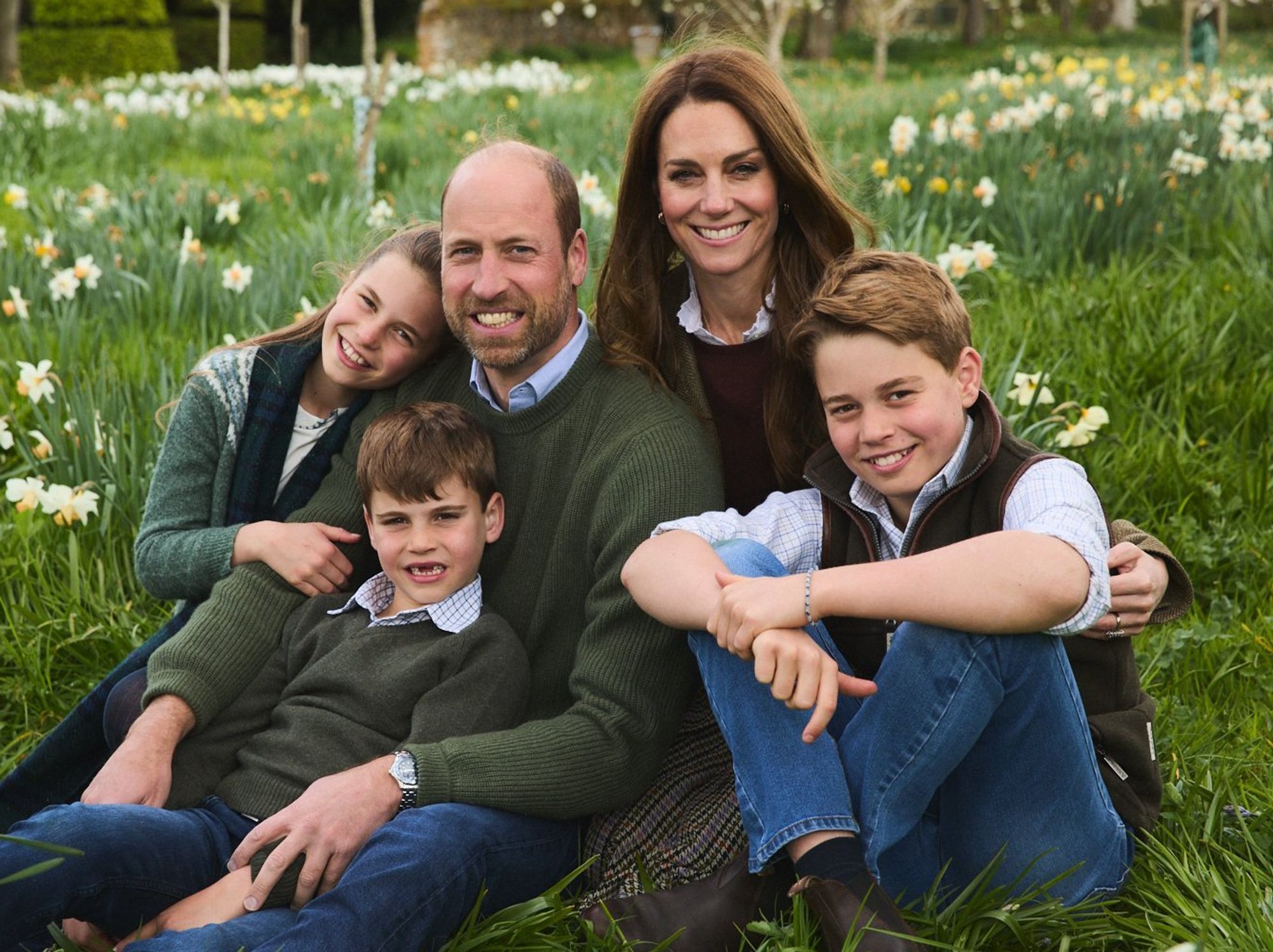Inheritance tax warning: Family hit with £176,000 bill after making common mistake - 'Cautionary tale'

The Chugtai family’s inheritance tax bill was likely to have been £176,896
Don't Miss
Most Read
A family has been hit with a £176,000 inheritance tax bill after their deceased relative fell foul of property gifting rules.
Mohammed Chugtai had placed a property and shop into a trust, which should have protected the assets from death duties when he died in 2017.
The arrangement was structured so that Chugtai could not benefit from the assets. However, the tax exemption was invalidated when he later returned to live in the home.
This case highlights a common inheritance tax pitfall where assets transferred as gifts are not excluded from tax calculations if the person giving the gift is deemed to have subsequently benefited from it.
Chugtai had returned to live in the property to care for his adult daughter, who suffered from mental health issues that prevented her from leaving the house.
This decision, though made for compassionate reasons, violated what tax experts call the "gift with reservation of benefit" rule.

Family hit with £176,000 bill after making common mistake
| GETTYThis rule often catches out families in similar situations, particularly when parents give their home to their children but continue to live in the property until they die.
By returning to live in the home he had previously gifted to the trust, Chugtai was deemed to have benefited from the property. This effectively invalidated the tax planning arrangement he had put in place, despite his return being motivated by his daughter's care needs.
At a first-tier tribunal hearing, Afsha Chugtai, another of Chugtai's daughters and the executor of her father's will, contested HMRC's decision.
 Households are being urged to watch out for 'frozen' inheritance tax threshold | GETTY
Households are being urged to watch out for 'frozen' inheritance tax threshold | GETTY She insisted that her father had made these decisions seven years before his death, so the value of the trust should not have been included in his estate for inheritance tax purposes.
She also argued that her father had no choice but to return to the property, given his daughter's condition.
However, HM Revenue & Customs successfully argued that Chugtai had benefited from the property. HMRC's solicitor, Cleo Lunt, cited a previous high-profile inheritance tax case.
He said: "Not only may you not have your cake and eat it, but if you eat more than a few de minimis crumbs of what was given, you are deemed for tax purposes to have eaten the lot."
LATEST DEVELOPMENTS:
The total value of Chugtai's estate was £843,950, comprising a £380,000 property with an attached shop, £62,239 in a Santander trust account, and £401,711 of other assets.
Inheritance tax is typically charged at 40 per cent on estates above the nil-rate band of £325,000, which increases to £500,000 when passing a primary residence to direct relatives.
The "seven-year rule" allows individuals to pass down money or assets tax-free or at a reduced rate if they survive for seven years after making the gift.
Claire Roberts, a tax partner at Moore Kingston Smith, said: "The ‘gift with reservation of benefit’ rules are typically widely misunderstood and often catch people out.

Placing assets in a trust means a person no longer owns them
| GETTY"This case highlights the fact that, regardless of motive and the terms of a trust deed, retaining any benefit whatsoever in an asset given away will cause the gift to fail for inheritance tax purposes.
"This is something of a cautionary tale to those who may be considering gifting in their lifetime – get it wrong and your loved ones could be landed with a costly tax bill on your death."
Placing assets in a trust means a person no longer owns them, potentially allowing tax-free transfers after seven years if gifting rules are properly followed.











